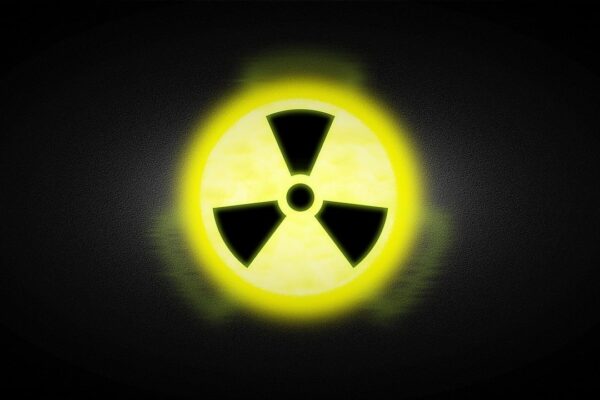Process Intensification and Modular Systems in Chemical Engineering
The chemical engineering industry is continuously evolving to meet modern demands for efficiency, sustainability, and flexibility. Traditional chemical plants, often…
The chemical engineering industry is continuously evolving to meet modern demands for efficiency, sustainability, and flexibility. Traditional chemical plants, often…
Decarbonization has emerged as a central pillar in global efforts to mitigate climate change and transition toward a sustainable future….
The Graduate Aptitude Test in Engineering (GATE) is one of the most prestigious and competitive examinations for engineering students in…
Water is one of the most essential resources for life and industrial activity. However, human activity, industrial processes, and urban…
Mass transfer operations are fundamental to the field of chemical engineering and form the backbone of many industrial processes that…
Choosing a Final Year Project (FYP) is one of the most important academic decisions for a chemical engineering student. It…
Nanotechnology is one of the most influential scientific advancements of the modern era, and its integration into chemical engineering has…
The rapid growth of the world’s population, industrialization, and modern lifestyles has led to a continuous increase in global energy…

Nuclear energy has long been a controversial yet indispensable part of the global energy landscape. As the world grapples with…

Chemical engineering is a discipline built on precision, control, and the safe management of hazardous materials. Yet the history of…